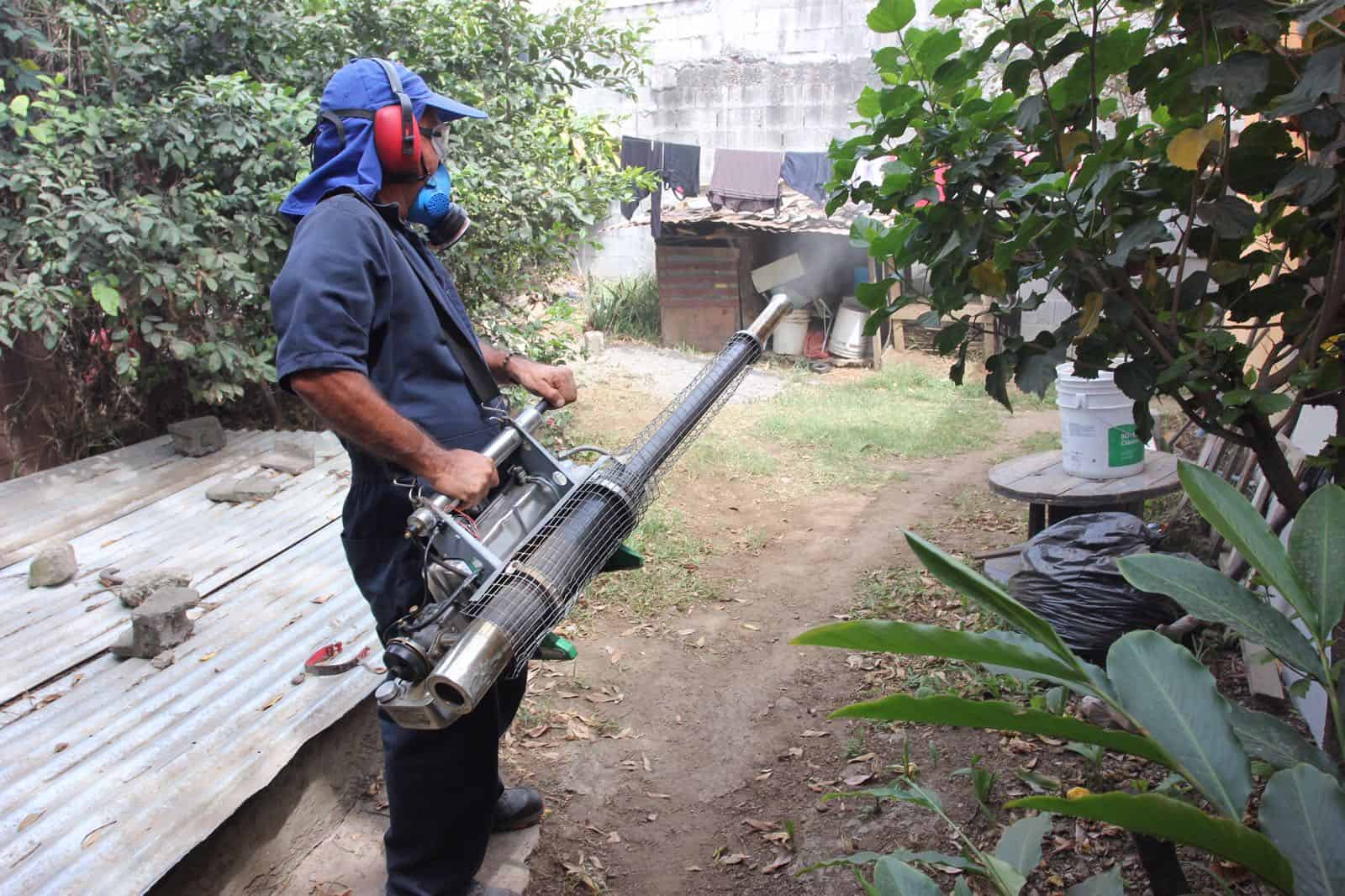GENEVA, Switzerland — The World Health Organization on Thursday advised countries against accepting blood donations from people who have travelled to regions affected by the Zika virus.
“With the risk of incidence of new infections of Zika virus in many countries, and the potential linkage of the Zika virus infection with microcephaly and other clinical consequence, it is estimated as an appropriate precautionary measure to defer donors who return from areas with Zika virus outbreak,” the WHO told AFP in a statement.
Canada and Britain have already moved to protect their blood supplies.
Canadian blood agencies earlier Wednesday announced that anyone who had travelled to a Zika-risk area will be ineligible to give blood for three weeks upon their return.
The 21-day waiting period also applies to cord blood and stem cell donors who have travelled to Zika-affected areas.
In Britain, the National Health Service Blood and Transplant agency has said that from Thursday, anyone returning from Zika-affected countries will be made to wait 28 days before being allowed to donate blood, as a “precautionary measure.”
“The safety of the blood supply is paramount and it is important we implement any precautionary blood safety measures agreed here as a result of an increasing prevalence of infectious diseases found around the globe,” a spokeswoman said.
The mosquito-borne Zika virus has spread to 26 countries in South and Central America and the Caribbean. It holds little danger for most people but has been linked to a surge in cases of microcephaly, a condition which causes babies to develop abnormally small heads, leading to permanent disability or death.
Zika symptoms resemble those of a mild case of flu — headache, muscle and joint pain, mild fever, and a rash. In 70 to 80 percent of cases, the disease goes unnoticed.
See also: Costa Rica’s inclusion in Zika travel warning has tourism leaders worried






